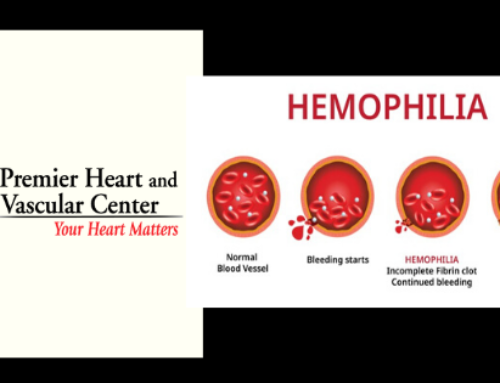By Chetan Khamare, MD, FACC
Premier Heart and Vascular Center, Carrollwood
In our previous article, we established the importance of folate (a natural B vitamin) and folic acid (the synthetic form of folate). We’ve also discussed the uses of folic acid for those with folate deficiency anemia, for pregnant women and those who want to lower their risk of developing several cardiovascular issues.
Now, let’s discuss what you can do to prevent and treat these conditions.
Preventing Abnormal Levels of Folic Acid
The primary way to prevent folate deficiency is to maintain a healthy diet rich in B vitamins, specifically folate.
It’s important to know that you can develop folate deficiency in as little as a few weeks with inadequate folate intake. The deficiency can eventually lead to anemia, which can cause even more problems.
The best way to prevent folate deficiency anemia is to eat more folate-rich foods like:
- Citrus juices
- Beans
- Whole grains
- Most nuts and seeds
- Brussels sprouts and broccoli
- Fruits like papaya, bananas, and avocado
- Leafy green vegetables – spinach is especially rich in folate, with 15 percent of the recommended daily intake (RDI) in just 30 grams of raw spinach
- Legumes, especially lentils – 100 grams of lentils contain around 45 percent of your RDI
- Asparagus – 34 percent of RDI in half a cup of asparagus
- Beets – a cup of beets has 37 percent of your RDI
- Eggs – 1 large egg has 6 percent of RDI
- Beef liver – one of the most concentrated sources of folate, with as much as 54 percent of RDI in a single serving
In addition to adopting a healthier diet, avoiding overconsumption of alcohol protects your folate levels.
If none of these interventions are enough, talk to your doctor; celiac disease and certain kinds of cancers, for example, are known to lower your body’s ability to absorb folate. Genetics can also play a role in this, and certain medications can affect your body’s ability to absorb folate, as well.
How Is Folic Acid Deficiency Treated?
The most common course of treatment for folate deficiency is dietary change. Additionally, your doctor can recommend folic acid supplements. They might also suggest supplements that contain other B vitamins.
If you have a genetic mutation known as MTHFR, you will need to take a methylated folate because this mutation prevents proper folate absorption.
And you should expect your doctor to tell you not to drink alcohol, as it will only hinder your treatment.
Key Takeaways
As you can see, avoiding and treating abnormal levels of folic acid is a relatively easy but important way to protect your heart health. If you have any additional questions, feel free to contact us.







